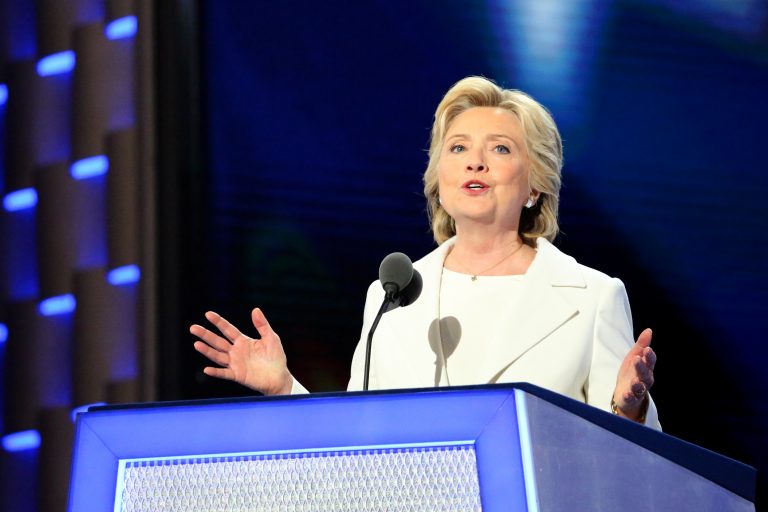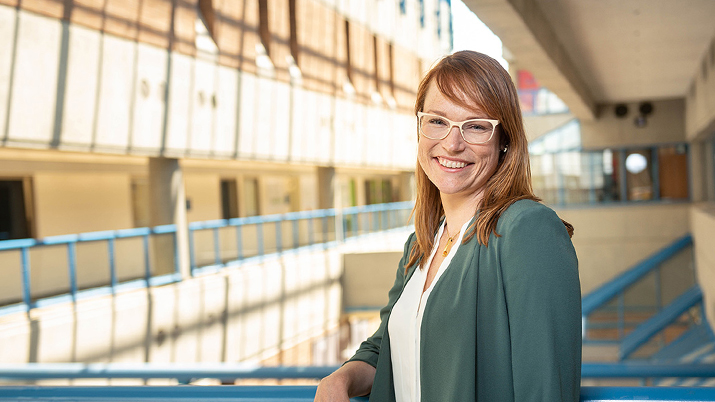

The term “implicit bias” was recently thrust into the U.S. presidential race, when Democratic presidential nominee Hillary Clinton stated that “implicit bias is a problem for everyone, not just police” when asked about racial discrimination during the first debate.
Andrew Scott Baron, associate professor and director of the UBC Social Cognitive Development Lab, researches implicit bias and discusses how implicit bias forms and how people can change biases to minimize the negative effects they can cause.
Why is it important that politicians like Hillary Clinton bring awareness to implicit bias when it comes to racism?


Andrew Baron
Implicit bias is real, incredibly well-documented in the cognitive sciences and is similar to mould— it will grow just about anywhere and is incredibly hard to remove. It begins in childhood (by preschool on many accounts) and it needs to be addressed if we’re going to make more serious and sustained progress toward real equality.
It’s about time society as a whole, particularly those in positions of power and privilege, acknowledge this problem, which is easy to ignore or discount because it is often inconsistent with formal (explicit) rules, laws and institutional policies. The problem with implicit bias, however, is that it operates outside of our awareness even when we “think” we’re being objective.
While implicit bias has recently entered the discussion of American politics, academics, educators and businesses have been aware of this growing problem for the past two decades. I think it’s critically important to understand implicit bias forms early and that it is a population level problem— meaning it’s not just a few bad apples that have it. A core focus has to be on learning how to train and retrain those biases so they don’t lead to persistent discrimination.
What is implicit bias and how is it formed? How does it affect our daily lives?
Implicit bias is the unconscious or gut-level reaction people have to people who are different from themselves. Often, it’s the quick, immediate reaction that leads you to dislike or distrust someone who is different. It affects our behaviour in a myriad of ways, is very difficult to fake and often resides outside of our conscious awareness.
Many things occur outside conscious awareness or control. For example, just like how we can’t consciously control what our hand does if we stick it over an open flame (it automatically recoils), we similarly can’t control how we respond to someone who implicitly we dislike. Harvard has a great website where you can learn more about your own implicit bias.
My own research shows that implicit bias begins before children even enter Grade 1. And, by the time they are in Grade 1, they have as strong of an implicit race bias as adults do, meaning it forms incredibly fast in childhood.
A number of studies also show that implicit bias influences how friendly we are toward people of another race, who we will vote for in political elections, the type of treatments doctors recommend to patients, who we will hire for a job and our general willingness to help others who are different.
Given that implicit racism is an unconscious bias, is there anything we can do to change this about ourselves?
Yes, but it requires effort to keep up the practice of retraining our biases. A lot of research, including my own, is trying to identify the optimal period in development to change these biases. For example, you might think they will be more flexible in younger children before they’ve had a lifetime of experiences reinforcing negative biases.
Conversely, you might think they will be more flexible among older children and young adults who have greater cognitive capacity to revise beliefs. More research is needed, but so far we’ve identified some effective strategies to retrain implicit bias such as exposing ourselves to positive examples of the stigmatized group. Repeated and protracted exposure and/or high-quality, positive interaction with stigmatized others can help considerably.
You can’t prevent implicit bias from ever forming but you can work hard to retrain it.
This post was originally featured on the UBC News website.


